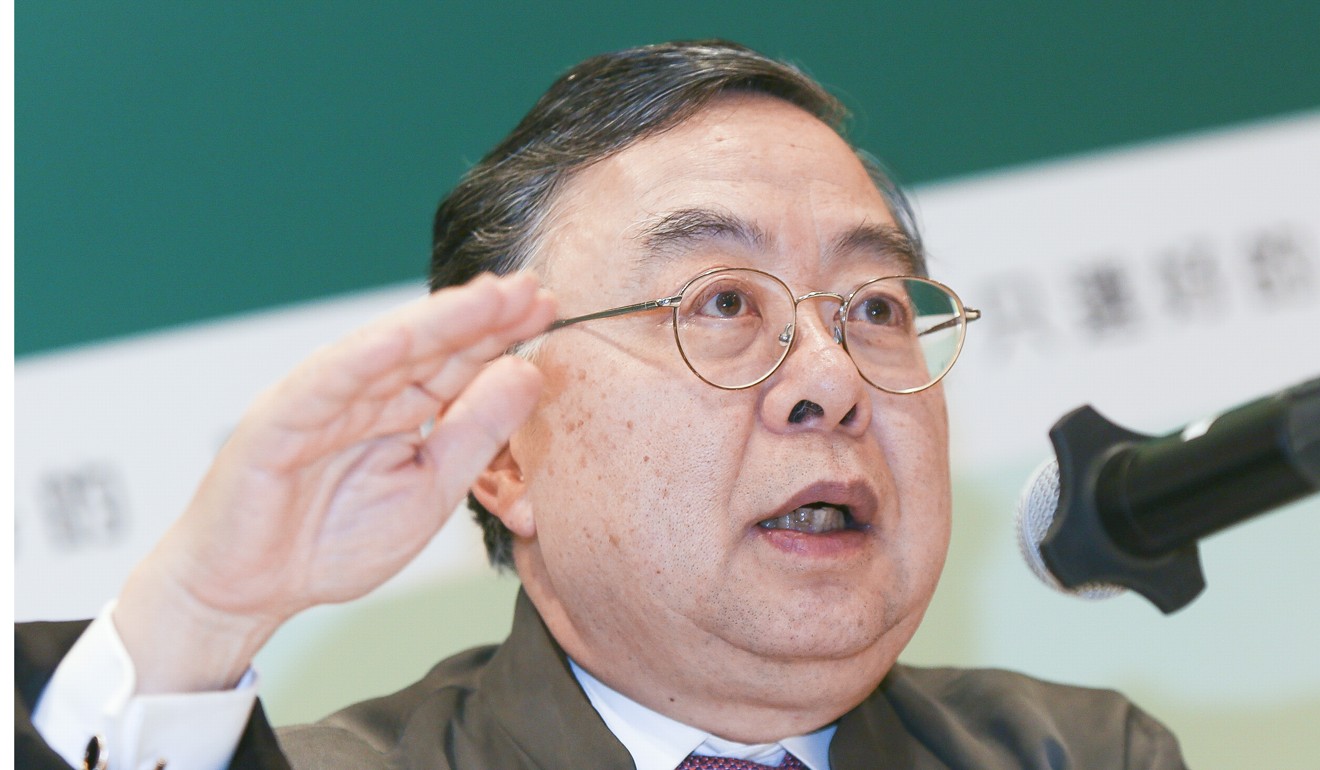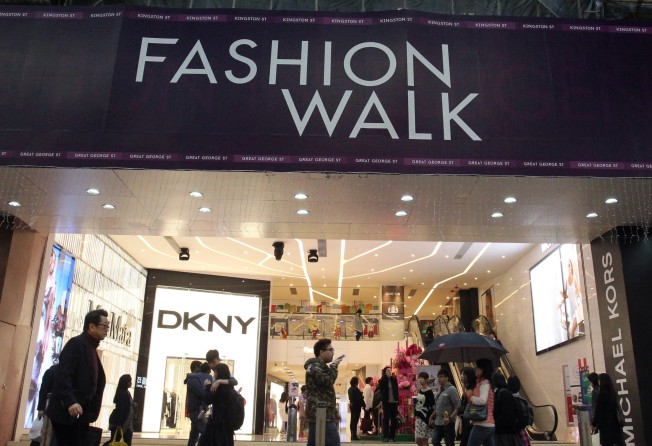
Hong Kong’s Hang Lung Properties sees 2017 underlying profit fall on declining China mall rental income
Including a revaluation gain, net profit rose 31 per cent, and the developer expresses confidence in its outlook

Hong Kong developer Hang Lung Properties, which owns the Fashion Walk shopping area in Causeway Bay and eight shopping centres in China, reported a 13 per cent fall in 2017 underlying profit, citing fewer property sales and a decline in rental income from its mainland China business.
Underlying profit for the year, which excludes revaluation gains in investment properties, dropped to HK$5.53 billion (US$707.3 million), although net profit jumped 31 per cent to HK$8.12 billion after a revaluation gain of HK$2.59 billion, above the range forecast by analysts in a poll by Reuters of HK$3.59 billion to HK$7.1 billion.
It will pay a final dividend of 58 HK cents, unchanged from last year. Turnover fell 14 per cent to HK$11.19 billion.
Its profit from property sales declined 30 per cent to HK$2.23 billion in 2017. In 2017 it sold just 226 units of The Long Beach housing estate in southwest Kowloon; one semi-detached house at 23-39 Blue Pool Road on Hong Kong Island, and the last duplex unit of The Harbourside apartment complex in West Kowloon.
“Don’t underestimate the difficulty of this market,” said company chairman Ronnie Chan Chi-chung, noting its volatility and saturation by financially strong players with years of experience.

“No one should expect Hong Kong to be a low priced real estate region. It will not happen.”
He said that Hong Kong players would still dominate the local market, with some of the mainland Chinese developers who had moved in being pushed out again.
“I believe the major Hong Kong players will still be the dominant ones in the next five years.
The company also citied difficult conditions in mainland China.
“We have just come out of one of the worst luxury retail environments I have ever seen and we still grew, just not much for the last few years,” Chan said, talking about Hang Lung’s shopping centres. “Now it is recovering and it will take a little bit of time for it to be reflected in our numbers.”
“Some of our properties have a lot of potential to be upgraded with a lot of luxury shops, and those luxury shops have an ability to pay rent that is far better,” he said.
“We as a team are really quite comfortable about our future in the next four years, barring any catastrophic events. I think our rental growth will be very good.”
Its parent company, Hang Lung Group, reported a fall in underlying profit of 12 per cent to HK$3.31 billion for 2017, and declared a final dividend of 61 HK cents, the same as 2016.
Shares in Hang Lung Properties dropped 5.4 per cent to close at HK$20.10 after the results. Hang Lung Group shares lost 2.97 per cent to HK$29.40.